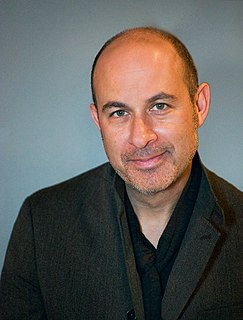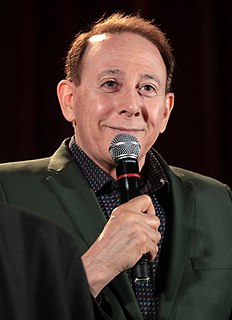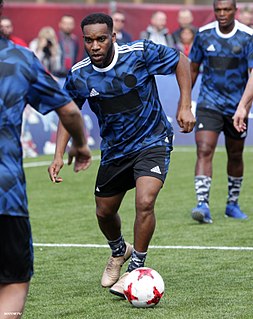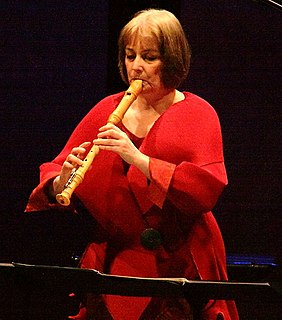A Quote by Jonas Carpignano
When the Romani people came and settled in Gioia Tauro in the '60s and the '70s, they took over a neighborhood much like Africans are doing now that became like their "ghetto". Obviously, there are immense differences in Romani culture - there is more of a distrust of the outside and less willingness to integrate that stopped it from happening. The illiteracy rate is still very high, and they are still very much keeping themselves sectioned off from the rest of the community. I don't think that's going to happen with the African community.
Related Quotes
Something I always wanted to do, to capture that later half of the '70s. It's like the early half of the '70s is still the '60s, in that there's still kind of a playfulness and inventiveness in terms of design and the things that were going on in the culture. The second half, it got much more commodified. It's possibly the ugliest era of architecture and clothes and design in the entire 20th century, from 1975 to '81 or '82.
The 60s were a continuation of the 50s much more than people realized. Certainly in some countries, like Britain, there was still a culture of deference, whereas in the 70s we really are in a time of angry transition. The generation that came into young adulthood in the 70s couldn't find jobs; that wasn't true in my generation. They entered a time when two depressing things hit them both at the same time.
In ancient times there was no public education, except that of the forum, the theater, and the street, and the general degree of illiteracy was very high. The early men of science were left very much to themselves and such a phrase as "the scientific culture of Alexandria in the third century B.C." does not cover any reality. In a sense, this is still true today; the real pioneers are so far ahead of the crowd (even a very literate crowd) that they remain almost alone.
I've always felt like a kid, and I still feel like a kid, and I've never had any problem tapping into my childhood, and my kid side. And I think that's a very universal thing, I don't think it's unique to me at all. People I've talked to in their 60s, 70s, 80s, and 90s have all told me "You know, I still feel 20." So I don't expect that I'm going to be any different.
Muslims are very keenly aware of the history of their community, of the history of that relationship between their community and the rest of the world. And they have had this all through the centuries and are very much heightened by modern communications. I mean now you have Muslims in the Muslim world who can compare their situations with people elsewhere and they find that very humiliating.
Traditionally it's been difficult for Africans to play over here, mainly because the African calendar is very different to that in Europe. Most of the coaches over here can't accept that we have to go back home to play at the Nations' Cup for a month while the season is still on over here. That made people reluctant to sign Africans.
We're going to be surprised when we discover that things in Heaven are normal and natural, much like this life. Of course, it will be better, much more beautiful and supernatural, without all the troubles, trials, tribulations, suffering, tears and pain we have here. However, it will still be enough like this life that we will survive the change and not suffer some sort of traumatic culture shock. It'll be life very much like we're living now, only without the bad and evil.
A hacker is someone who enjoys playful cleverness—not necessarily with computers. The programmers in the old MIT free software community of the 60s and 70s referred to themselves as hackers. Around 1980, journalists who discovered the hacker community mistakenly took the term to mean “security breaker.”
I'm still a tomboy. I mean, I obviously dress it up slightly more, but when I'm just me, I'm still very casual. I love comfort. Comfort is very key to me because I spend most of my time in very uncomfortable things, so it's all about trainers and flats. On a shoot, if they're like, "Play around a bit," I'm going to be climbing on top of things and jumping off, and people are going to be trying to stop me, like, "You mucked this up," and, "You're going to hurt yourself," while I'm flying around in heels, just being crazy.
I worked very hard to try and figure out what I thought and I believed that we were going to succeed and that revolutions would happen globally and we would be a part of that and we would have then not capitalism. We would have values based on human lives, not profit. We would actually transform the kinds of ways people built love and built community. It was a very shocking thing to me, out of the end of the 70s and the beginning of the 80s, to realize that that dream - while I still believed in it - was not going to happen in the way that I had hoped.

































